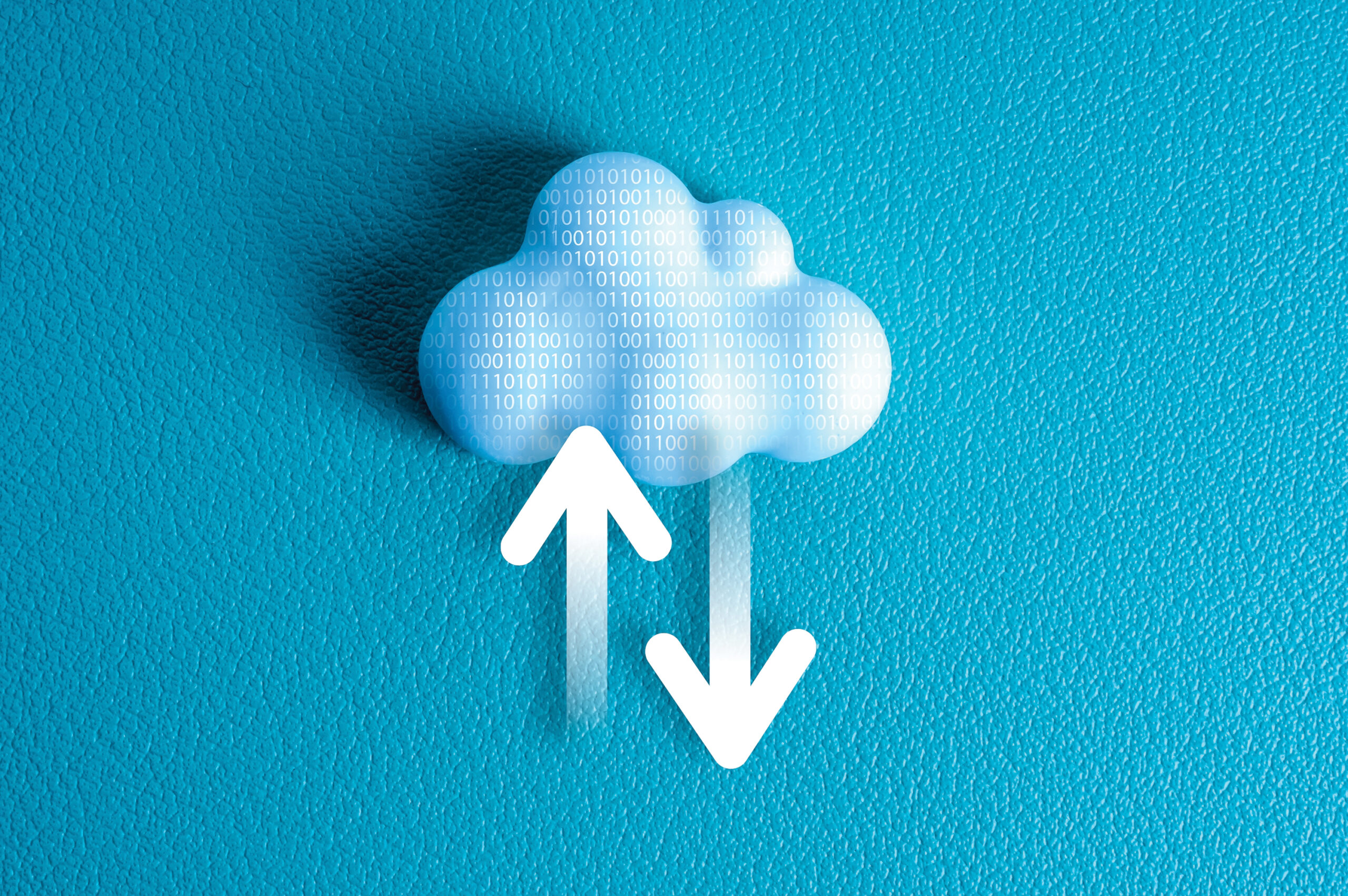Cloud Storage vs Cloud Recovery

The cloud ecosystem can be overwhelming. With an array of providers offering similar solutions, it’s easy to be drawn to the initial cost appeal of self-service options for cloud storage. These options seem to provide a cost-effective step toward digital resilience. However, while affordable, self-serve solutions may lack the comprehensive support essential for minimizing business interruption and financial loss during data incidents or service disruptions.
- Self-service portals alone do not adequately address complex issues, leading to delays in resolution and increasing downtime costs. The average downtime for companies’ costs per hour is $300,000.
- 54% of organizations that experienced a ransomware attack anticipate implementing a more reliable cloud backup and Disaster Recovery solution with buddled support.
When 3PL companies consider a cloud partner, there’s more to evaluate than backup capabilities alone. Rapid recovery from data events such as fraud or malware is vital for restoring operations and maintaining supply chain flows. For logistics operations, the loss of data and IT functions can result in downtime, lost revenue and damaged reputation—consequences that can be devastating in an industry that thrives on efficiency and reliability. The right cloud solution can reduce downtime and financial impact during a disruption, especially when coupled with expert disaster recovery support.
Weighing Cost Against Protection
In logistics, operational continuity is critical, and a reliable backup solution is essential for disaster preparedness. However, the real value of a quality cloud provider lies in the ability to facilitate a quick, secure recovery, ensuring minimal downtime. Some providers specialize in Disaster Recovery as a Service (DRaaS) and offer multiple recovery solutions, which may include emergency hosting to get systems back online quickly.
Selecting a cloud provider should start with evaluating both the security of the backup infrastructure – and the commitment to periodic recovery testing. For many organizations, hidden fees from big-box cloud providers can be a costly surprise. There could be charges for moving data between systems, or even exporting it from the provider’s network. This can impact an already stressed IT budget unexpectedly.
On top of that, there may be charges for services such as data “rehydration”, which is necessary to recover archived files. Some providers may throttle data restoration download speeds which can delay recovery. All of these additional costs and services prolong recovery and increase business downtime.
Challenges of Low-Cost Bulk Storage for 3PLs
Bulk storage providers may attract 3PL’s with affordable rates for large-scale data storage. However, the lack of support for these self-service options can lead to significant business challenges. When data loss or system failures occur, a 3PL’s ability to resume operations hinges on efficient recovery, and this is where self-service falls short. IT leaders at your company might be adding to downtime by navigating through unfamiliar processes or if critical systems are down and they don’t have the expert guidance of a skilled support team.
Bulk file storage solutions can be compared to an unstaffed warehouse full of unsorted goods. When data is needed, a lack of organization and support can mean recovery efforts take several days or even weeks in some cases. For transportation and logistics, where every moment of downtime can mean lost shipments and unhappy clients, access to knowledgeable support and immediate recovery options is the ultimate insurance.
Downtime Costs in the Logistics Sector
Logistics firms, freight operators and third-party logistics providers face unique downtime challenges compared to other industries. What does it cost your company when data systems are offline? It’s essential for businesses to understand these costs fully. Tools such as “downtime calculators” help organizations estimate the real impact of downtime under various scenarios and can inform strategies to minimize disruptions.
Big-box cloud providers often fall short of offering comprehensive business continuity solutions. Instead, many charge surprise costs that impact budgets for data restoration (egress fees) only once systems need to be recovered. For 3PL companies, careful vetting of cloud providers can help avoid these hidden expenses and delays to ensure that the business is better prepared for any data disaster.
The Advantage of Supported Cloud Solutions
Cloud providers that offer a holistic approach, including thorough documentation and proven recovery timelines, can be invaluable. When disasters strike, expert assistance to restore systems and connect users and networks to emergency hosting environments brings continuity and stability to a disaster. A dedicated provider’s proactive support is crucial in helping 3Pl’s navigate crises effectively. By mitigating financial impact and streamlining the resumption of operations, vendor partnerships ensure greater resilience and continuity.
Balancing autonomy and support is key to maximizing the benefits of cloud technology. Self-service options may promote flexibility, but they must be complemented by robust support frameworks to ensure smooth experiences and mitigate risks effectively. Without this balance, a logistics firm may face compounding losses when dealing with unexpected challenges during a data emergency.
Crafting a Balanced Approach for Cloud DRaaS
A comprehensive cloud DRaaS strategy minimizes downtime risk for 3PL companies and goes beyond simple troubleshooting. Effective solutions provide proactive support, streamlined processes, and experienced guidance, enabling businesses to get back on track without significant setbacks. In times of crisis, personalized support and troubleshooting can make all the difference, preventing teams from becoming bogged down in technical complexities.
In the transportation and logistics industry, digital assets are invaluable, powering operations, tracking shipments, and connecting networks. Service providers that offer tailored DRaaS solutions, helping 3PLs define recovery plans, test backups, and ensure robust support are invaluable. With the right partner, logistics companies can prepare to minimize operational losses, confidently navigate recovery scenarios, and protect business continuity.
When choosing a cloud DRaaS solution, logistics firms should look for providers that offer “white-glove” service coupled with advanced self-service features. Documented recovery testing, recovery planning, and expert assistance make a critical difference in recovering from data disruptions. Every minute counts when your IT systems are down and there is never enough support to go around, partner with recovery experts to mitigate your risk.
RenovoData is a leading cloud backup, Disaster Recovery, Infrastructure as a Service ( IaaS), and DR Planning service provider helping companies protect critical data and systems worldwide. For more information and guidance, please call toll-free at 877-834-3684, email us at info@renovodata.com, or reference our website at www.renovodata.com

